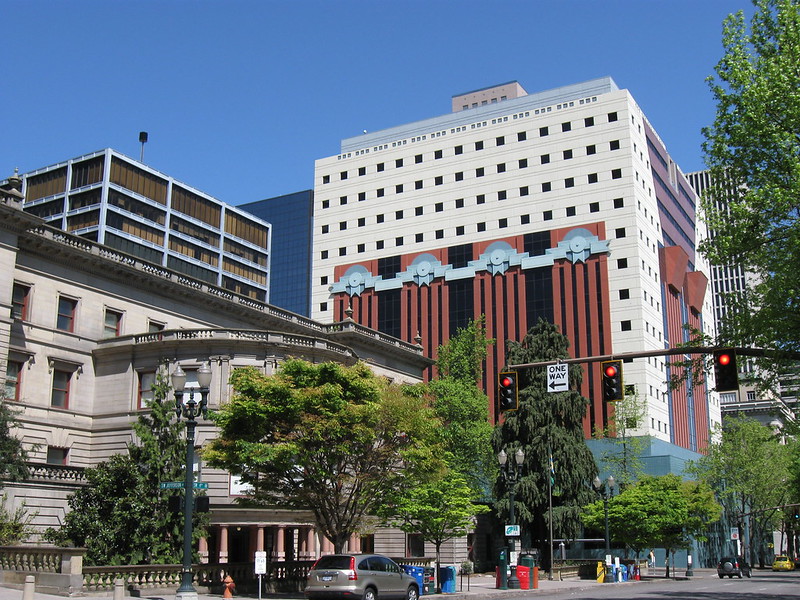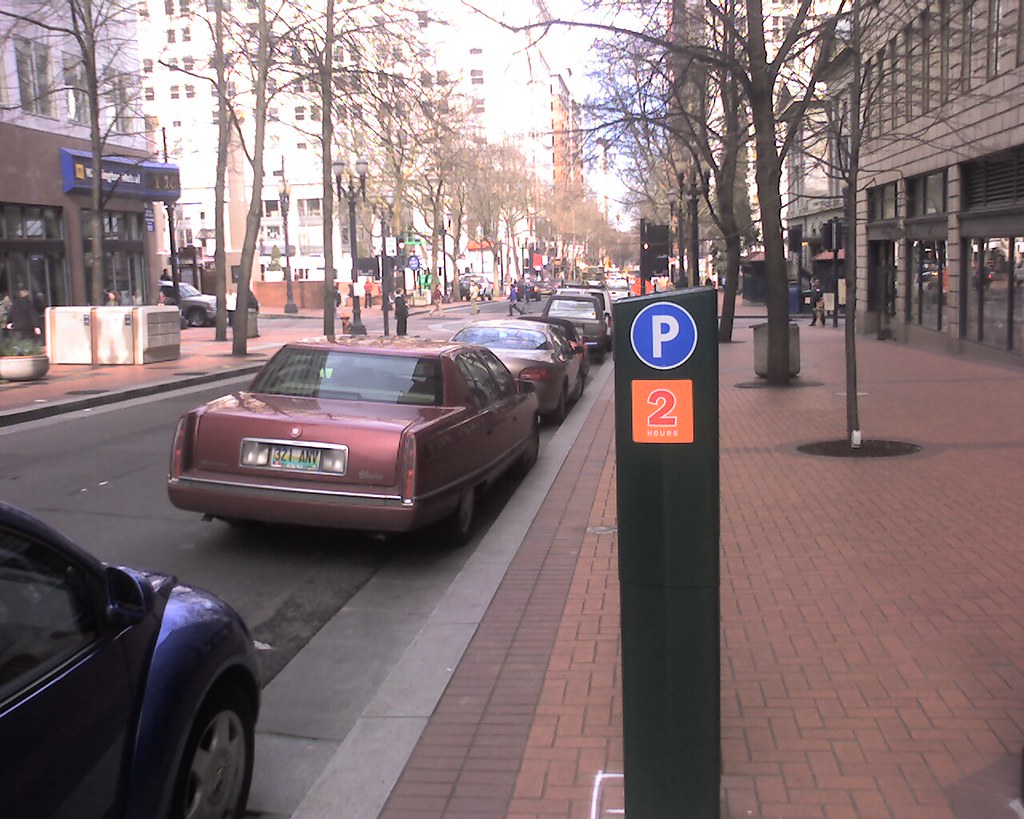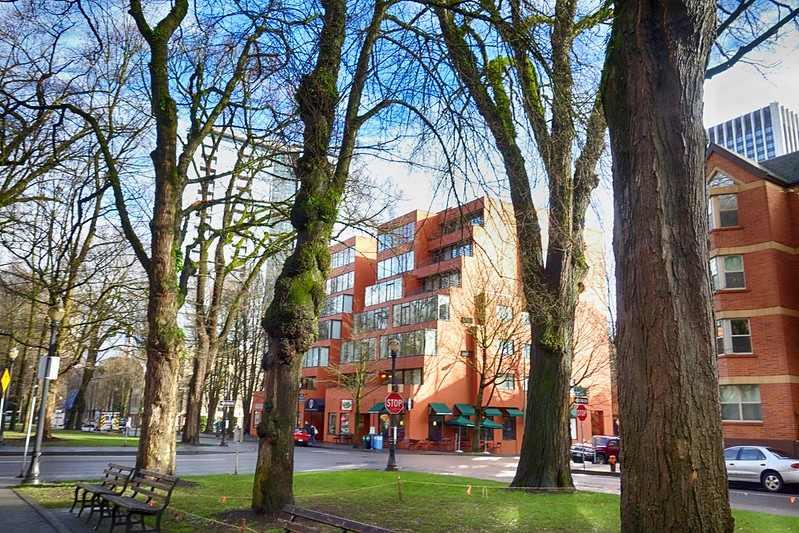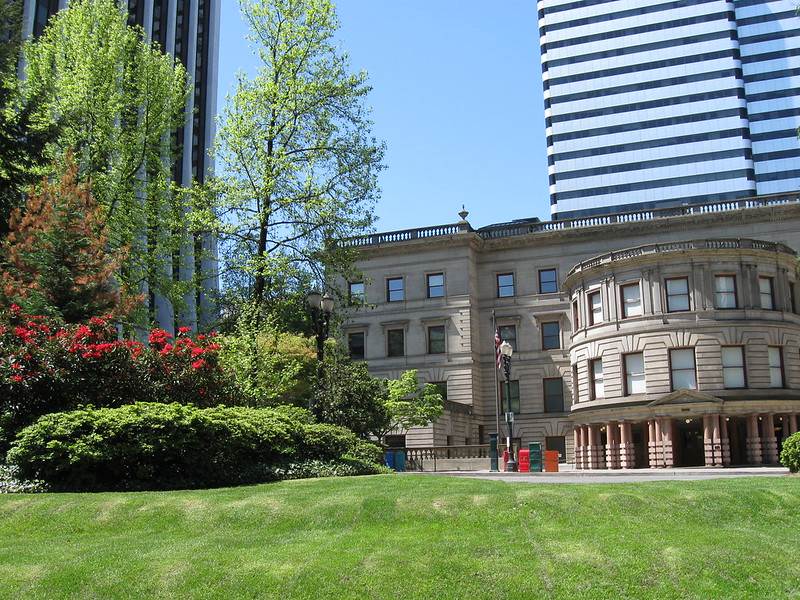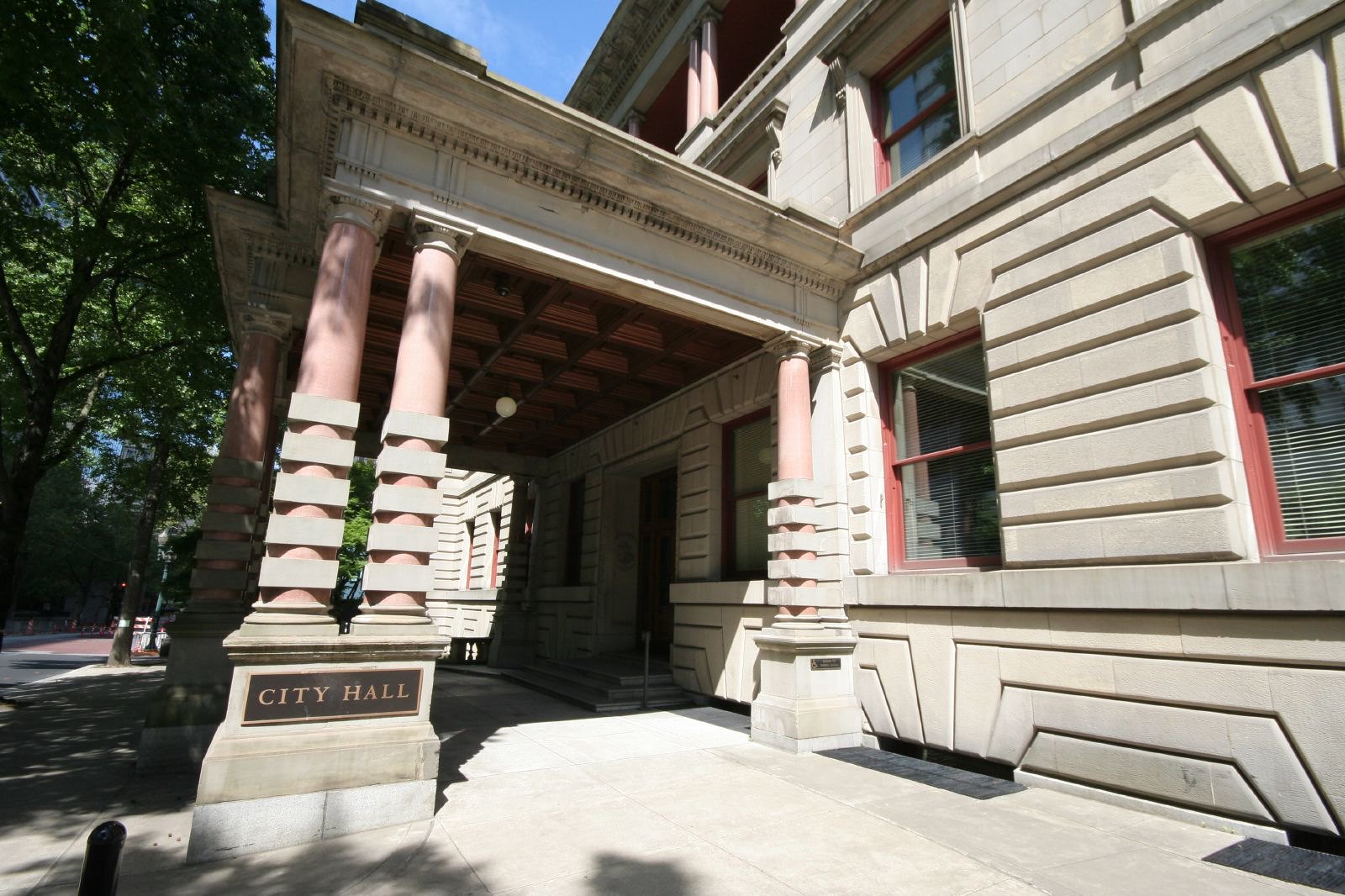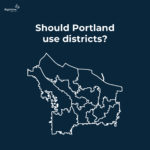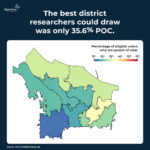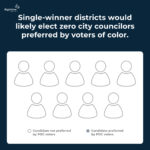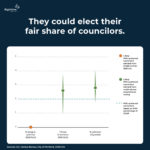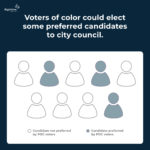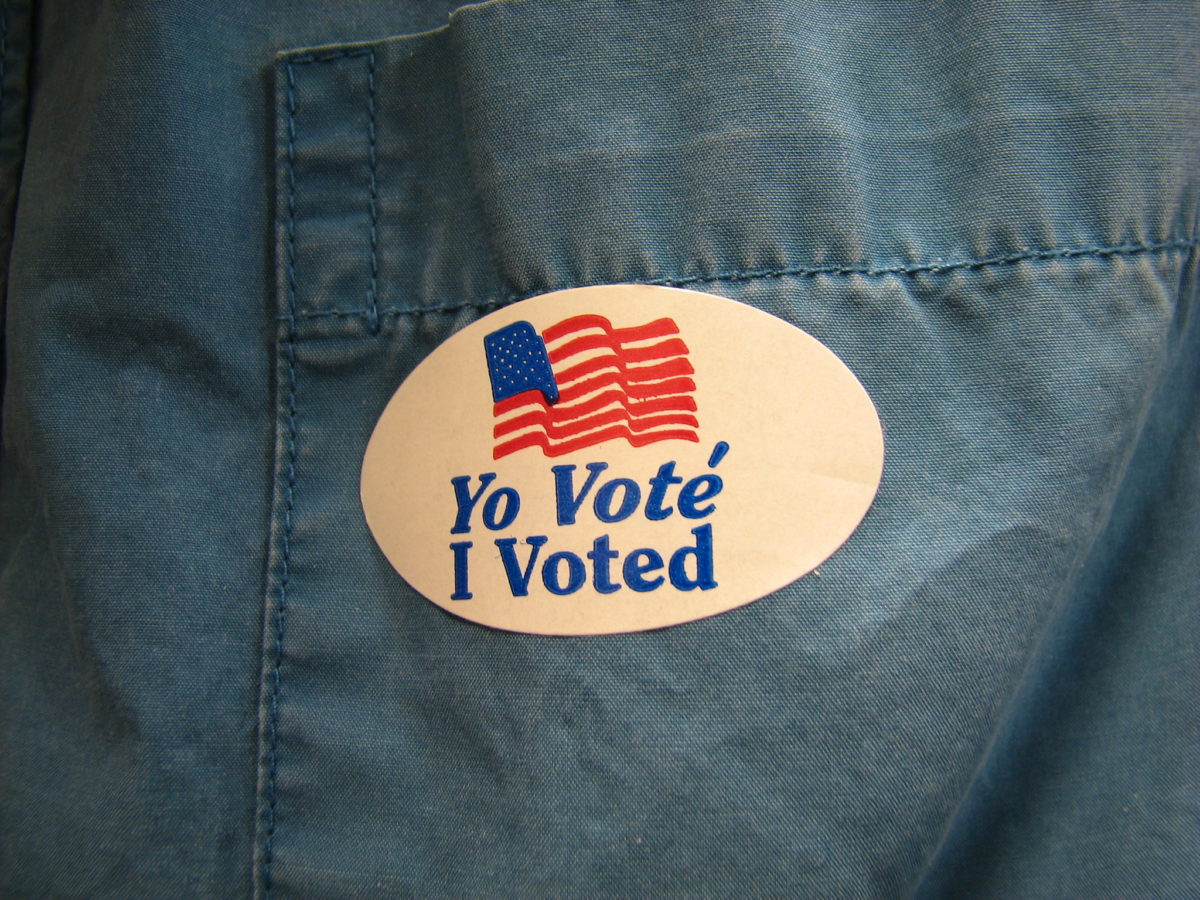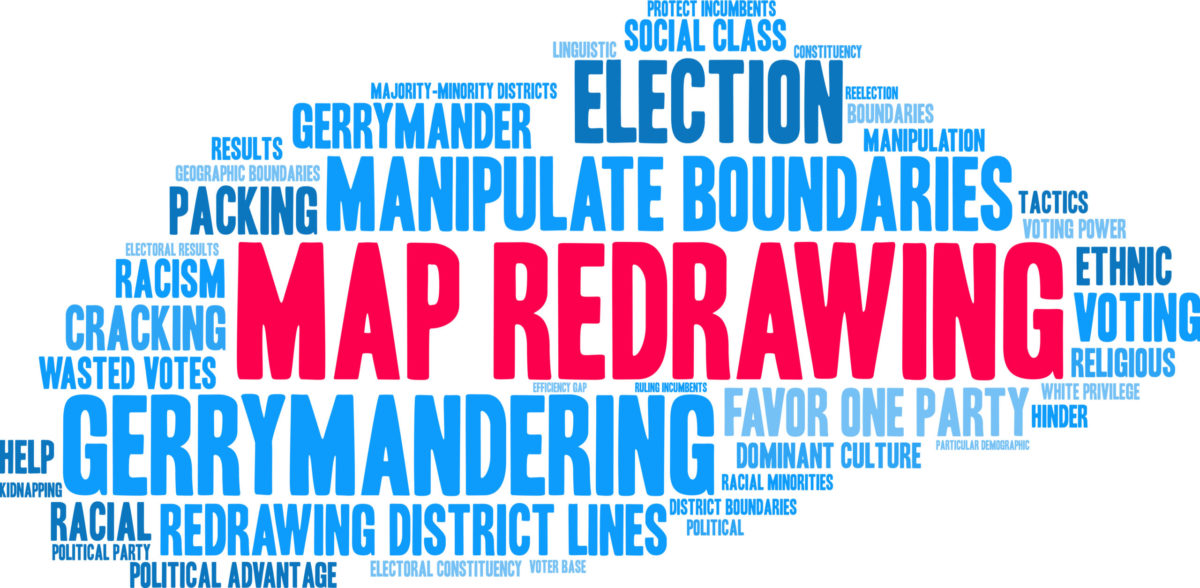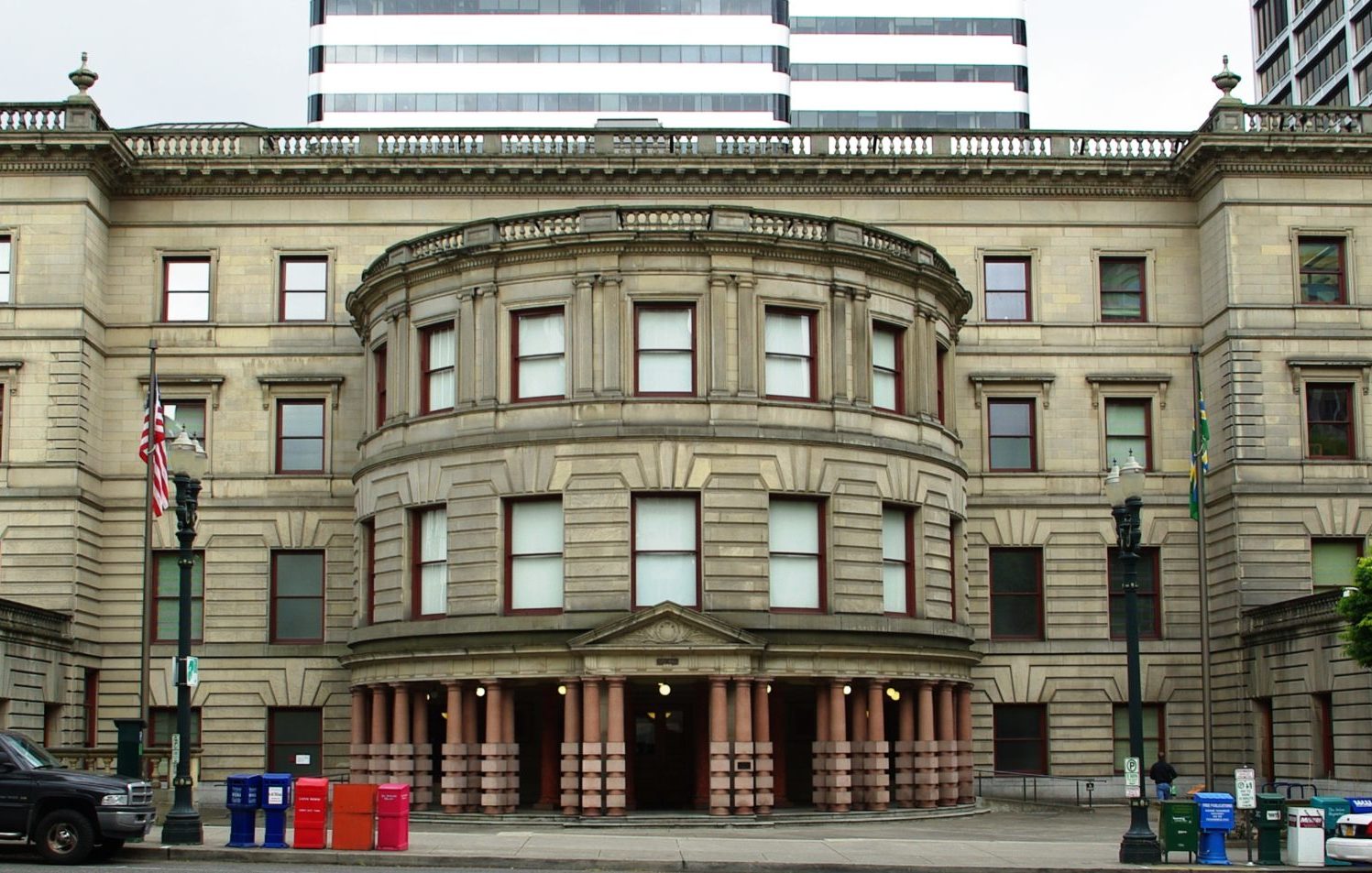Portlanders ARE CHANGING Their elections and How City Hall
Works for them
Every 10 years, the city of Portland reexamines its charter, the document that lays out how the city’s leadership is structured and how it gets elected. City Council appoints a Charter Commission, made up of 20 volunteers from across the city, to research and recommend changes.
In 2022, the Commission recommended a mutually reinforcing suite of reforms, including switching to four districts with three council members each and using ranked choice voting to elect city leaders. These changes, gathered from over a year of intensive research and hundreds of hours of comments from the community, are custom-built for the dynamics of Portland’s population and the challenges the city faces. They aim to ensure that the Rose City’s government will better serve and represent its people. In November 2022, Portlanders took the opportunity to implement these changes by voting to pass ballot measure 26-228.
Sightline Institute has researched these reforms for several years and followed developments on the Commission’s work. Based on our research into the proposal’s effects, we endorsed ballot measure 26-228. Read on for details about the measure and highlights of our analysis.
Intro: Portland Charter Basics
Published October 2022, Sightline researchers Jay Lee and Nakeshia Diop provide a thorough guide to the ballot measure before Portlanders this fall.
What is Portland’s charter? When was it written? How does it get updated? How have its “commissions”—the groups charged with updating it—worked in the past?
Sightline research director emerita Kristin Eberhard and researcher Jay Lee shared key background on the city’s governing document and its history (published September 2021).
Why Change the Charter
- To Free Up Good Policies Stuck in Traffic
- To Reap the Benefits of Multi-Member Districts
- To Support Building the Homes Portlanders Need
- To Better Represent Portlanders of Color
- To Include More—and More Diverse—Voters
- To Provide More Residents with a Council Member They Support
- To Better Balance Portland Neighborhoods’ Influence at City Hall
- To Stymie Schemes of Gerrymandering
- To Build on Historical Successes
- To Let Candidates Focus on Connecting with Voters
Portland has adopted some of the best parking management policies in the country, but the city struggles to implement them amid turf wars and frequent turnover on City Council. Transportation researcher Catie Gould explains these roadblocks and outlines how charter change could shift incentives and get this good policy in gear.
Multi-member districts deliver a slew of benefits for communities using them to elect their representatives. Researcher Jay Lee lays out ten things Portlanders should know about them before voting on ballot measure 26-228 to change the city’s charter.
When cities switch to one-winner council districts, housing growth plummets. That’s the takeaway from analysis coauthored by Jay Lee, of Sightline’s democracy team, and Michael Andersen, of Sightline’s housing team. They cite recent academic research that finds significantly slowed housing production when cities switch to single-winner ward systems.
Unfortunately, single-winner districts are part of the charter reform plan floated by Portland Commissioner Mingus Mapps, who opposes ballot measure 26-228 and the proportional representation multi-member districts that are part of its proposal. But in a city with a housing shortage as dire as Portland’s—and resulting high home and rental prices—residents can’t afford to ignore this connection.
White men have been overrepresented on Portland’s city council. Even just since 1995, three-quarters of those serving on council have been white men, and less than four percent have been people of color, despite the fact that Portland has been at least one-quarter people of color during that period.
Single-winner districts can’t fix this. Indeed, research by Tufts University’s MGGG Redistricting Lab confirmed this for Portland specifically.
Multi-winner districts, on the other hand, with members elected by ranked choice voting, can help voters of color get representation on the Portland City Council. Ballot measure 26-228 includes this system.
More Portlanders vote in the November general election than in the May primary—a lot more. And they’re generally younger and more racially diverse voters. Too often, though, their November candidates are predetermined by May voters. Indeed, of the past 15 city council elections, only 5 were decided in the November general election, when about twice as many voters turn out. The rest ended in the primary, when voters are less representative of the city’s communities.
Eliminating the need for the primaries, as the Charter Commission recommended and as is part of ballot measure 26-228, would mean both that more voters have a voice and that campaigns are more manageable for candidates.
Imagine being in a sports bar with three TVs. And imagine its patrons can vote on which channel these TVs should play. Should they all be the same channel? Or three different ones? To satisfy the most patrons, with their different team allegiances and sports preferences, the answer is clear: three different channels.*
That’s proportional representation, as opposed to the “first past the post” or “winner take all” system that Portland has used for over a century—and that leaves many voters with no candidate on council for whom they voted. What’s more, proportional representation’s benefits get even better when combined with ranked choice voting, in which voters rank their preferences of candidates much in the same way they do, say, what they’ll have for dinner.**
A proportional ranked choice system is one of the changes that the Charter Commission recommended and that is included in ballot measure 26-228.
*Metaphor courtesy of Tony Jordan, President of Parking Reform, via a tweet by Sightliner Michael Andersen.
**Another tweet-splanation, this time of ranked choice voting, by Sightliner Serena Larkin.
The vast majority of Portland’s councilmembers have been white men and have come from the close-in east side or west of the Willamette, areas where residents are far more likely to have a higher income and own (rather than rent) their homes. Sightline research shows precincts around Hollywood and Southwest Portland drive City Council elections, while East Portland gets overruled. A multi-winner proportional system would help voters from these underrepresented constituencies win a voice on council and not continue to be locked out by Portland’s current winner-take-all at-large voting system.
Contrary to what you might think, single-winner districts aren’t the answer to Portland’s failure to proportionally represent the smaller constituencies living in the Rose City, whether they’re people of color, young people, renters, women, or others historically left out of City Hall. The only kind of representation that single-winner districts guarantee is geographic, which doesn’t necessarily align with the things that may be important to Portlanders, such as racial identity, housing affordability, or safe streets. And elected officials can gerrymander single-winner districts to secure their seats: i.e., electeds choosing their voters rather than the other way around. In contrast, proportional voting would achieve representation for whatever is important to voters—including geography, if that is what voters want.
In the 20th century, several American cities tried a reform—proportional representation—that successfully fought corruption and broadened representation. They fought party corruption and elected women, people of color, and minor parties. But they became victims of their own success, facing backlash from party power players and from people who did not think that people of color and minor parties deserved a say in governing.
Portland could learn from both the successes and the repeals of proportional representation in other American cities. In the 1900s, those cities were not yet ready to give everyone a voice, so when they adopted a system that did just that, it was vulnerable to repeal. Is Portland ready to truly admit that everyone—including women, people of color, and those with minority views—deserves a voice in the city? If yes, this might be just the right time and place to implement a fair voting system and make it stick, as proposed in the ballot measure 26-228 from the Portland’s Charter Commission.
Elections are a two-way street! While the voter experience is crucial to good elections, candidates are the other key ingredient in a representative democracy. Unfortunately, not all campaigns are created (or treated) equally under the current system of winner-take-all elections in Portland. Candidates with money are able to promote their names and platforms to more voters (and donors), and candidates with pre-existing name recognition are able to solicit more campaign contributions. More concretely, money lets campaigns purchase advertising, pay staff, print leaflets, feed volunteers, produce yard signs, and do many other things that get candidates’ names and platforms in front of voters’ eyes. And expensive elections discourage some aspiring officeholders from running at all. Research shows that in high-spending campaigns fewer candidates run for office, more of those candidates are personally wealthy, and incumbents have even more financial and electoral advantages.
Proportional representation offers Portlanders an opportunity to level the playing field. By increasing the number of voters who get to elect their preferred candidates, proportional representation opens the door to grassroots candidates with less existing money and name recognition. Smaller campaigns can thrive when they don’t have to go one-on-one against candidates with big wallets, particularly if they take advantage of Portland’s public financing program, Open and Accountable Elections.
Charter News You Can Use
Note: This update was published September 27, 2022, and reflects developments as of that date.
Ballot measure 26-228 goes before voters November 8, giving Portlanders the opportunity to transform the city’s system of government and elections to better serve and represent the people of Portland. This catches up readers on events from the summer: campaigns gearing up both for and against the measure, and news proliferating around lawsuits, alternative reform proposals, and opposition figures. It also breaks down how measure 26-228 would change the city’s government and elections in three key ways:
- Have city departments run by a mayor-appointed professional administrator, rather than city councilors
- Expand the council to serve the growing Portland population, electing three councilors from each of four geographic districts
- Run elections that include more voters and honor their true preferences by replacing the primaries with a single ranked choice voting election
Note: This update was published April 1, 2022, and reflects developments as of that date.
Portland’s Charter Commission voted to advance some of its reform proposals to be drafted into potential ballot measures by the City Attorney. The proposals moving forward include changes to the city’s form of government and elections. They are based on research done by the Commission and input from thousands of Portlanders over the past year. After months of deliberation over the details and values represented in these proposals (and more discussion to come), all 20 Charter Commissioners voted to send these proposals to be drafted into ballot measures.
Note: This update was published March 10, 2022, and reflects developments as of that date.
For over a year, Portland’s Charter Commission has listened to public input and researched different reforms to the city’s form of government and election system. The window for thorough public discussion of City Charter reforms like these only opens once a decade, giving the commission a rare chance to make Portland’s government more representative of its diverse city, more accountable to constituents, and more responsive in providing city services.
With these goals in mind, the commission has arrived at three broad agreements and is looking for public input in hashing out the details.

